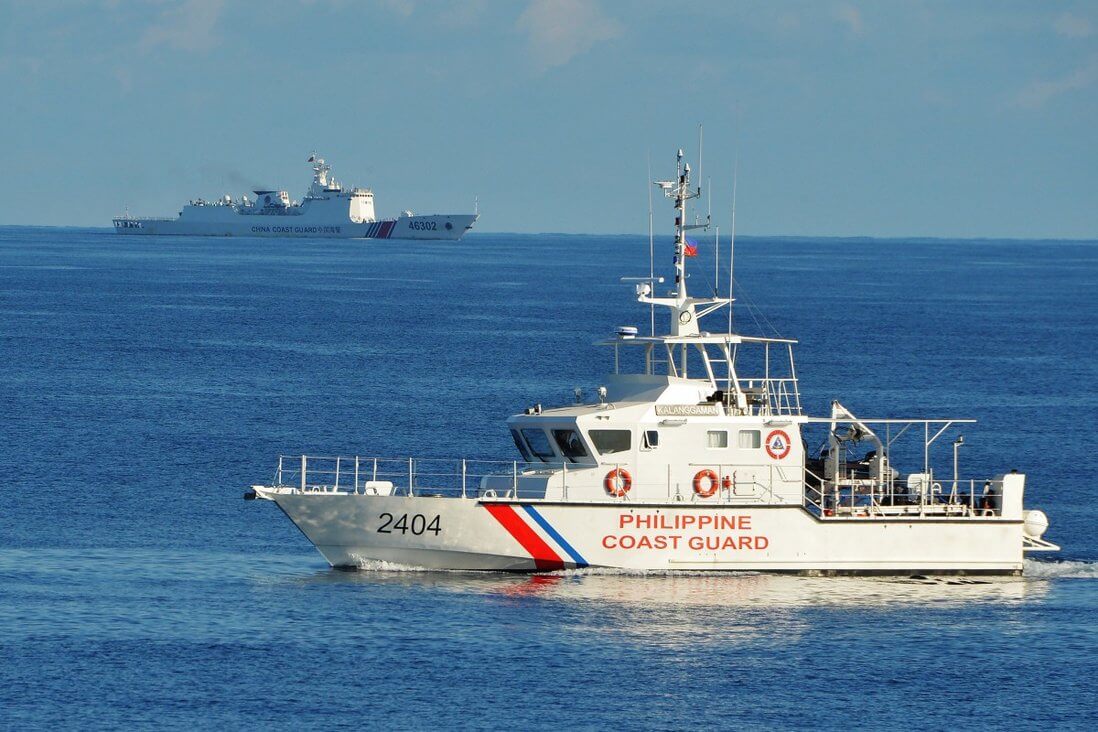Philippines President Rodrigo Duterte said on Wednesday that his administration will not withdraw the navy and coast guard boats patrolling the disputed South China Sea, where several Chinese vessels have also been parked. The leader insisted that while China is an important ally, the sovereignty of his country in the international waters is not negotiable.
“I’ll tell China, we do not want trouble, we do not want war. But if you tell us to leave - no… There are things which are not really subject to a compromise, such as us pulling back. It’s difficult. I hope they understand, but I have the interest of my country also to protect.” Duterte said. While the president also said that China is a “good friend,” the country’s Defence Secretary, Delfin Lorenzana, told reporters that “China has no business telling the Philippines what we can and cannot do with our own waters.”
Duterte has long been under growing domestic pressure to take a harder stance on China. However, his administration has been hesitant to confront Beijing over the maritime dispute, as he also fosters closer ties with the Asian power, which is the country’s second-largest trading partner after the United States (US). In addition, the Philippines has also received 600,000 free doses of the China-made COVID-19 vaccine that has partly aided the country’s recovery from the ongoing pandemic, for which Duterte said that the Philippines owes a “huge debt”.
Relations between China and the Philippines have been tense in recent months. Earlier this week, as part of its efforts to secure the country’s maritime jurisdiction over the disputed waters, the Philippine coast guard was reported to be conducting training drills near Thitu Island and Scarborough Shoal, as well as the Batanes islands in the north and the southern and eastern parts of the country. In response to the news, China’s foreign ministry said on Monday that the Philippines should “stop actions complicating the situation and escalating disputes.”
Moreover, approximately 220 Chinese boats were found parked near the disputed Whitsun Reef by the Philippines’ coast guard in early March. The Reef, which is known as the Julian Felipe Reef in the Philippines, lies within Manila’s 200-mile exclusive economic zone (EEZ) and has resulted in the further escalation of tensions after 183 of the ships remained parked in the region even after Manila lodged a protest against Beijing’s aggression.
The Philippines has also been increasing its naval presence in the South China Sea in recent months in response to China passing its controversial China Coast Guard (CCG) Law. The CCG Law grants the Chinese coast guard the power to attack foreign vessels and demolish structures built in disputed waters. According to the Philippines, the law is “a verbal threat of war to any country that defies the law; which, if unchallenged, is submission to it.”
Philippines Refuses to Withdraw Navy From South China Sea
President Rodrigo Duterte refused to withdraw the Philippines’ navy vessels patrolling the South China Sea and said that the country’s claims to the disputed waters are non-negotiable.
April 30, 2021

SOURCE: TED ALJIBE/AFP/GETTY/TNS
